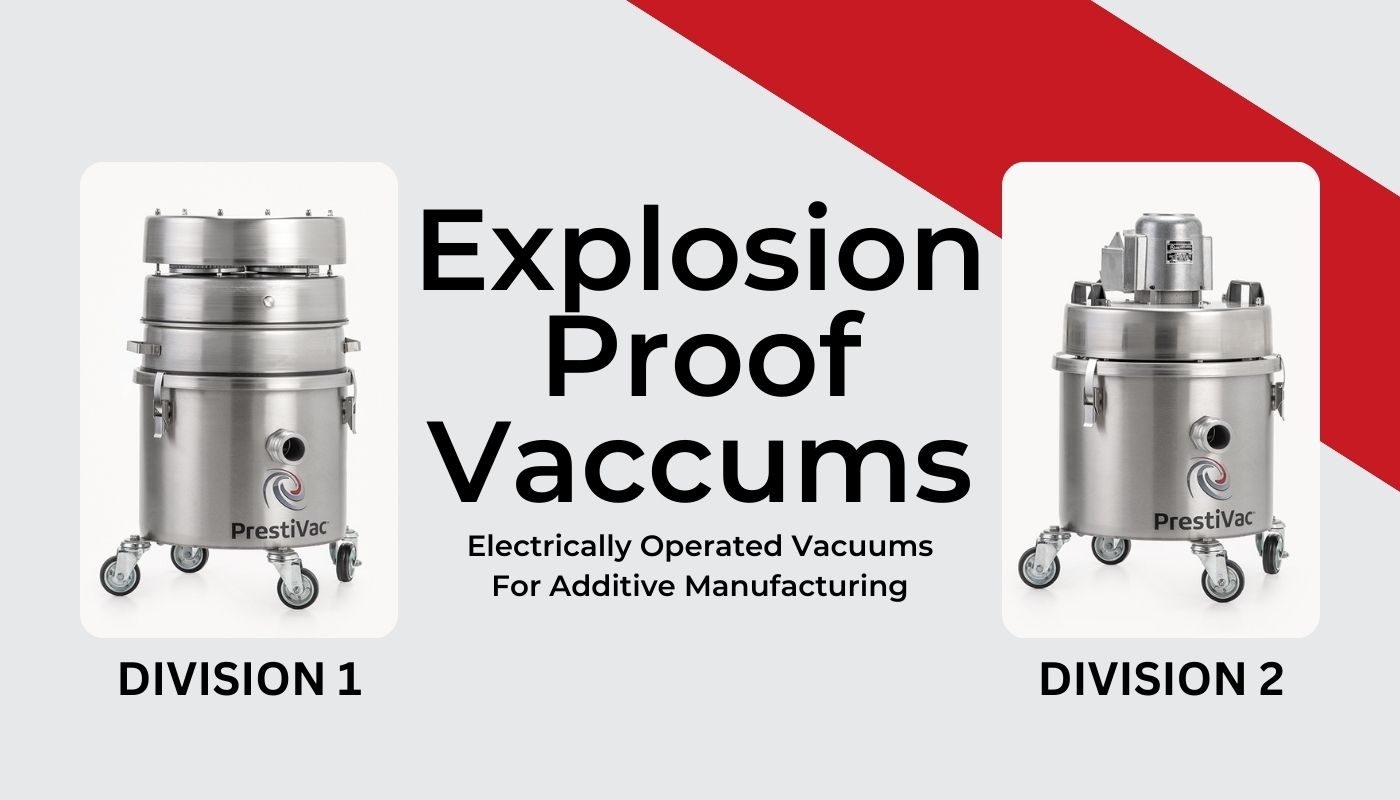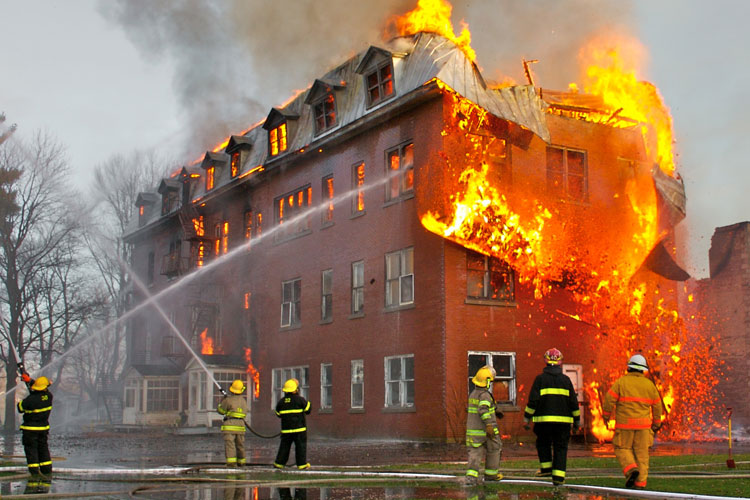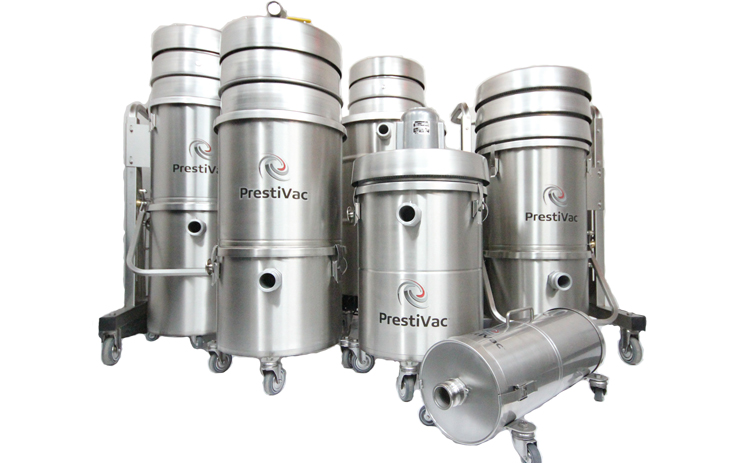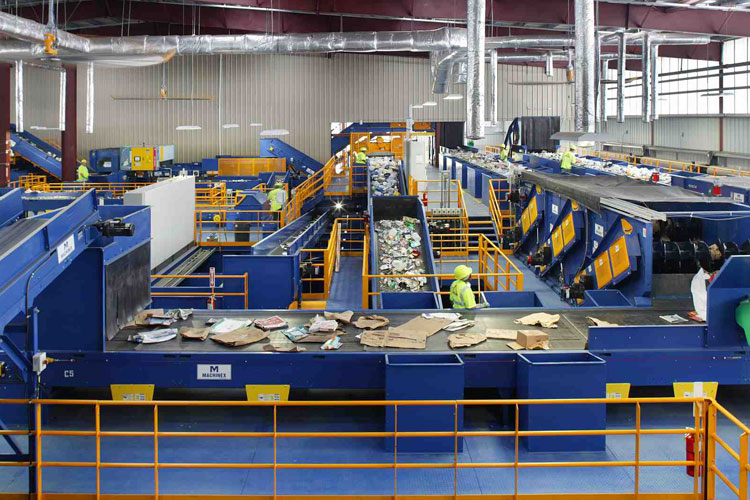While recycling is good for the environment, it can be dangerous for workers. Certain materials that are recycled or reused, such electronics, scrap metal, batteries, and used oil and other chemicals, have materials that directly pose hazards to workers.
Employees in facilities that recycle scrap are exposed to a range of safety hazards associated with material handling methods, hazards associated with the metals themselves (as dust or fumes), and with the hazardous substances used to process or recover these metals.
The recycling industry encompasses a wide range of metals. Some of the most commonly recycled metals (by volume) are iron and scrap steel (ISS), copper, aluminum, lead, zinc, and stainless steel.
Scrap metals, in general, are divided into two basic categories: ferrous and nonferrous.
Ferrous scrap is metal that contains iron. Iron and steel (which contains iron) can be processed and re-melted repeatedly to form new objects. Common nonferrous metals are copper, brass, aluminum, zinc, magnesium, tin, nickel, and lead. Non-ferrous metals also include precious and exotic metals. Precious metals are metals with a high market value in any form, such as gold, silver, and platinum. Exotic metals contain rare elements such ascobalt, mercury, titanium, tungsten, arsenic, beryllium, bismuth, cerium, cadmium, niobium, indium, gallium, germanium, lithium, selenium, tantalum, tellurium, vanadium, and zirconium.
Exposure to hazardous substances may lead to acute and chronic health effects, and may potentially cause long-term public health and environmental impacts. Uncontrolled hazardous materials pose significant threats to public health through inhalation of dust particles.
Suggested Industrial Vacuums for Recovery of Toxic Dust
PrestiVac HEPAPlus* Vacuums are specifically designed to safely vacuum toxic dusts. Equipped with a Certified Absolute HEPAPlus*filter with an efficiency of 99.995% on 0.2 micron so there is no risk of exposure or contamination for the operator or the environment. These vacuums are tested for absolute filtration. Testing Method: IEST RP-CC034.3. H14. MIL-STD 282 / A.S.T.M. - D2986-91. MPPS method EN 1822.
Industries at Risk with Recycling Plants?













